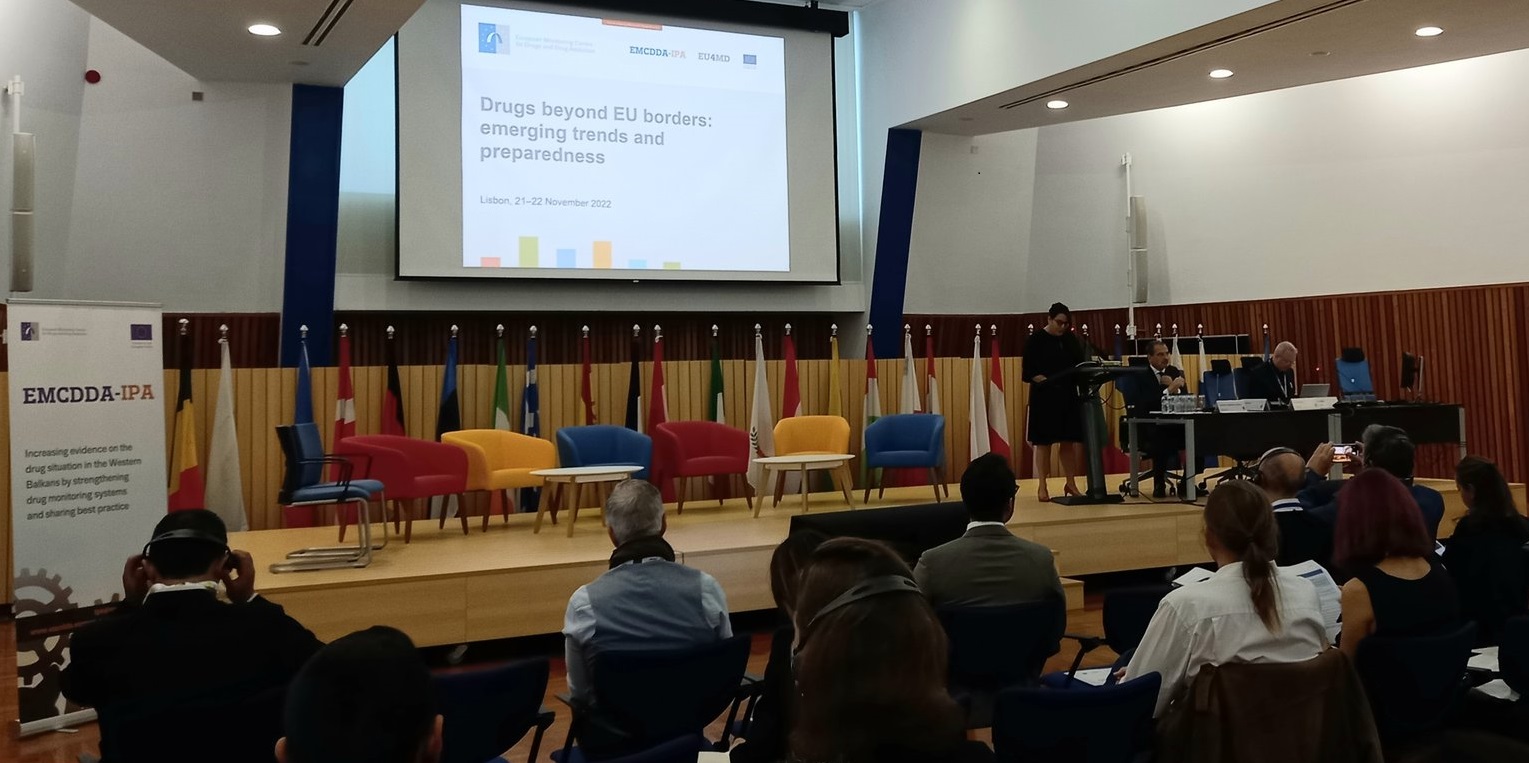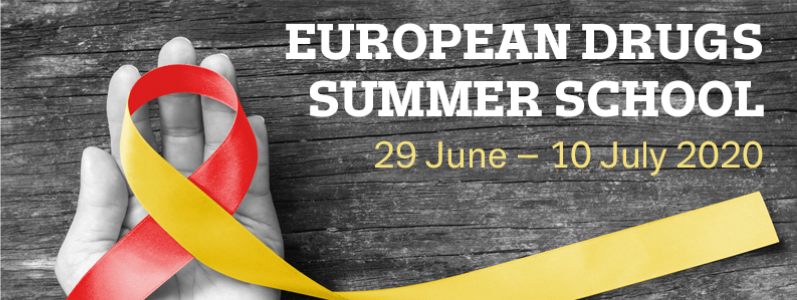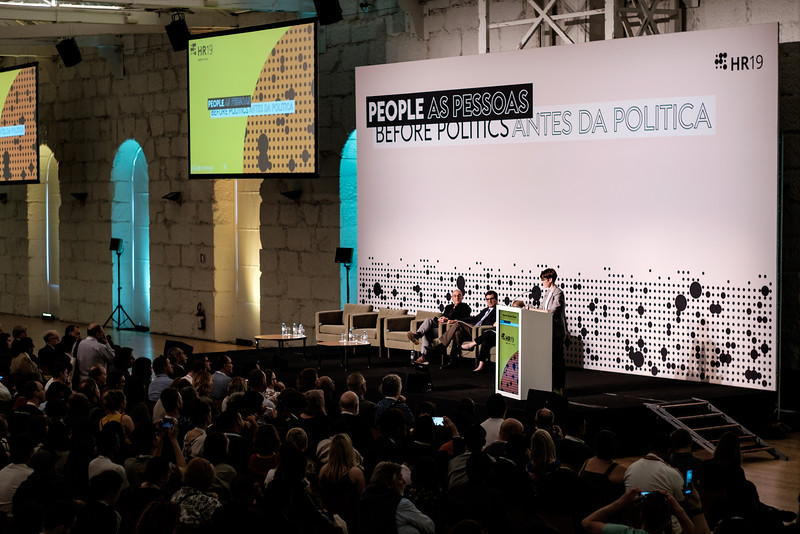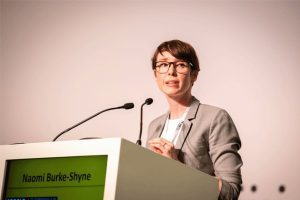From Movendi’s website
The Swedish Drug Policy Centre (NPC) has published a new report Decriminalisation of Drugs: What can we learn from Portugal?, written by Pierre Andersson, about Portugal’s approach to drug policy and the lessons that can be learned from the country’s decriminalization of drugs.
In drug policy debates reference is often made to Portugal as an example of a country with a successful approach to drug policy. Often, the country’s good results in reducing the drug problem are attributed to the decriminalisation policy instituted in 2001. But knowledge and understanding of the exact policy and its results is not always accurate and well-informed. Therefore, Pierre Andersson has conducted a series of interviews on the ground in Lisbon and studied the reports on Portugal’s drugs policy published in scientific journals in recent years.
The report makes it clear that Portugal’s reforms in 2001 were more far-reaching than the abolition of penalties for using and possessing small quantities of drugs. Above all, they included major efforts to improve services for rapid and effective treatment, and good coordination between various healthcare interventions. This is likely to have contributed to the development that fewer people developed drug dependency, and, as a result, to a reduction in the number of drug-related deaths.
But, the report also shows that the drug-related death rate fell after the reform, when major efforts were made to expand healthcare, only to then increase again to almost the same level as before decriminalisation.
The Swedish drug policy debate often compares the figures for drug-related deaths between Portugal and Sweden. As the new report shows, these comparisons are flawed because the measurement methods differ from between countries. For example, over 75% of all deaths in Sweden that screened positive for drugs are ultimately classified as “drug-related” according to the definition by the European Monitoring Centre for Drugs and Drug Addiction (EMCDDA).
But the corresponding figure in Portugal is below 5%. The report also shows that Sweden undertakes twice as many post-mortem examinations and three times as many forensic analyses as Portugal. Comparisons between the figures make little sense when the methods differ as much as they do.
Concerning drug consumption trends in Portugal, the new report shows that cannabis use has increased among schoolchildren and is now at a higher level than that of the corresponding age group in Sweden.
Countries still have a lot to learn from Portugal’s drug policy, especially with regard to the short waiting time for treatment and the coordination between the various healthcare services. For example, Portugal’s Commissions for the Dissuasion of Drug Abuse (CDT), which people charged with possession or use have to appear before, is quick to make referrals to addiction specialists. The quick and effective response and follow-up increase in all likelihood people’s chances of overcoming – or avoiding – drug use disorders and addiction.
The report also highlights the risk of overlooking some really good lessons from both Portugal and other countries, overshadowed by the framing that decriminalisation in itself is the solution to all drug problems.
The purpose of the report is therefore to contribute to a focused and informed drug policy debate taking into view the initiatives that hold substantial potential to reduce and prevent harm, provide adequate services to all who need it and help prevent drug use and harm among children and youth.

The analysis of Portugal’s drug policy is complemented with a broader overview of ten more European countries which have decriminalised drugs. You can read the additional report “Decriminalization in Europe” here>>>.
Comparison of the developments following decriminalisation in these eleven European countries shows that drug-related deaths increased in some countries and decreased in others. It therefore does not seem to be decriminalisation in itself that is the decisive factor in the developments.
 To read the report, please follow this link>>>.
To read the report, please follow this link>>>.






 To read the report, please
To read the report, please 
 The
The 
 Naomi Burke-Shyne, Executive Director of Harm Reduction International (HRI), said: ‘The evidence for harm reduction is indisputable. It is nothing short of disgraceful that governments continue to fail to support and invest in health services for some of the most marginalised people’.
Naomi Burke-Shyne, Executive Director of Harm Reduction International (HRI), said: ‘The evidence for harm reduction is indisputable. It is nothing short of disgraceful that governments continue to fail to support and invest in health services for some of the most marginalised people’. Ann Fordham, Executive Director of the International Drug Policy Consortium (IDPC), stated: ‘just over ten years left for countries to meet their global commitment to champion health, reduce inequalities, and provide access to justice for all, as enshrined in the UN’s Sustainable Development Goals, there has never been a more urgent need to strengthen political leadership at all levels. Faced with the current crisis, complacency can no longer be tolerated’.
Ann Fordham, Executive Director of the International Drug Policy Consortium (IDPC), stated: ‘just over ten years left for countries to meet their global commitment to champion health, reduce inequalities, and provide access to justice for all, as enshrined in the UN’s Sustainable Development Goals, there has never been a more urgent need to strengthen political leadership at all levels. Faced with the current crisis, complacency can no longer be tolerated’.





